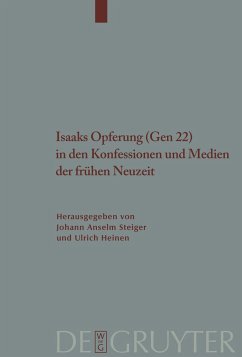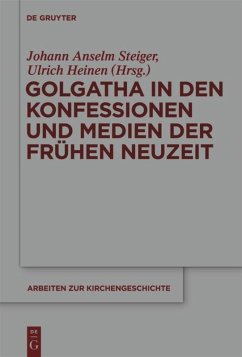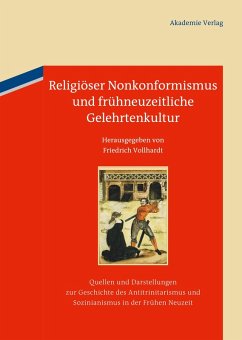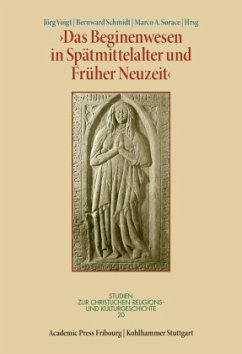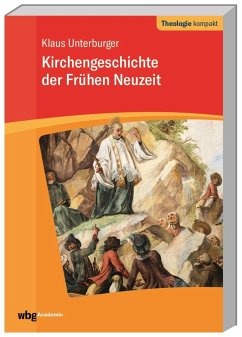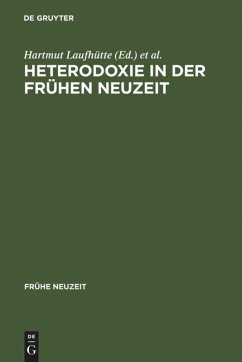
Heterodoxie in der Frühen Neuzeit
Versandkostenfrei!
Versandfertig in 6-10 Tagen
189,95 €
inkl. MwSt.

PAYBACK Punkte
0 °P sammeln!
The historical significance of religious heterodoxies in the early modern age - both the forgotten and the subsequently influential - for the development of European thinking can hardly be overrated. In the context of these minority positions the values, norms, and anthropological notions systematizing and permeating the Enlightenment and still displaying a noticeable influence on the present stand out all the more clearly. The present volume is the fruit of a colloquium at the University of Passau and discusses a number of aspects involved in this process in the early modern age.
Die historische Bedeutung der religiösen Heterodoxien der Frühen Neuzeit - der vergessenen wie der fortwirkenden - für die Entwicklung des europäischen Denkens kann kaum überschätzt werden. Nicht zuletzt im Kontext dieser minoritären Positionen werden erstmals die Werte und Normen und die anthropologischen Vorstellungen artikuliert, die die Aufklärung systematisieren und durchsetzen wird und die noch immer unsere Gegenwart bestimmen. Der vorliegende Band, hervorgegangen aus einem Kolloquium an der Universität Passau, behandelt einige der Aspekte dieses Prozesses in der Frühen Neuzeit.





